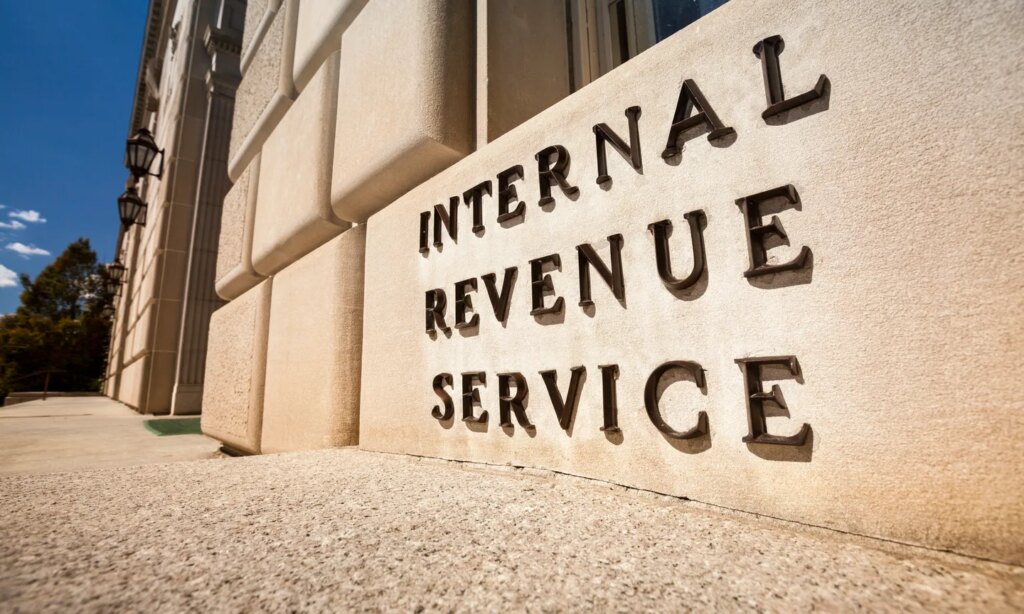What is an IRS audit?
An IRS audit is an examination or review of your information and accounts to ensure you’re reporting things correctly, following the tax laws, and that your reported tax amount is correct. In other words, the IRS is simply double-checking your numbers to make sure you don’t have any discrepancies in your return.
Sometimes state tax authorities do audits, too. If you’re telling the truth, and the whole truth, you needn’t worry. Nothing is inherently sinister about an IRS audit or state audit. However, people who are consciously cheating the system do have reason to be concerned.

Why the IRS audits people
The IRS conducts tax audits to minimize the “tax gap,” or the difference between what the IRS is owed and what the IRS actually receives. Sometimes a tax return is selected for audit at random, the agency says. Other times, the IRS might audit you because your return involves transactions with another audited return — such as an investor or business partner.
But the IRS often selects taxpayers based on suspicious activity.
Common IRS audit triggers
Here are seven of the biggest red flags likely to land you in the IRS audit hot seat.
1. Making math errors
When the IRS starts investigating, “oops” isn’t going to cut it. Don’t make mistakes. This applies to everyone who must file taxes. Don’t accidentally write a 3 instead of an 8. Don’t get distracted and forget to include that final zero. Mistakes happen, but make sure you double- and triple-check your numbers if you’re doing your own taxes. You’ll be hit with fines regardless of whether your mistake was intentional. If your math is a little shaky, using good tax preparation software or a tax preparer near you can help you avoid unfortunate errors that can lead to an IRS audit.
2. Failing to report some income
Easy way to score an IRS audit? Don’t report part of your income.
Let’s say you’re employed herding sheep for Farmer Joe and you pick up a little extra cash writing articles for a sheep-shearing publication on a freelance basis. You may be tempted to submit only the W-2 form from your herding job and keep the freelance writing income on your Form 1099 under wraps.
A 1099 reports nonwage income from things such as freelancing, stock dividends and interest. One type of 1099, the 1099-NEC, typically reports amounts paid to independent contractors.
Well, guess what? The IRS already knows about income listed on your 1099 because the publication sent it a copy, so it’s only a matter of time before it discovers your omission.
3. Claiming too many charitable donations
If you made significant contributions to charity, you’re eligible for some well-deserved deductions. This bit of advice is common sense: Don’t report false donations. If you don’t have the proper documentation to prove the validity of your contribution, don’t claim it. Pretty simple. Claiming $10,000 in charitable deductions on your $40,000 salary is likely to raise some eyebrows.
4. Reporting too many losses on a Schedule C
This one is for the self-employed. If you are your own boss, you might be tempted to hide income by filing personal expenses as business expenses. But before you write off your new ski boots, consider the suspicion that too many reported losses can arouse. The IRS may begin to wonder how your business is staying afloat. IRS Publication 535 has details.
5. Deducting too many business expenses
Along the same lines as reporting too many losses is reporting too many expenses. To be eligible for a deduction, purchases must be 1) ordinary and 2) necessary to your business. A professional artist could probably claim paint and paintbrushes because such items meet both requirements. A lawyer who paints for fun and doesn’t turn a profit on the works may have a problem. The questions to ask are: Was the purchase common and accepted in the trade or business? Was it helpful and appropriate for the trade or business?
6. Claiming a home office deduction
Home office deductions are rife with fraud. It may be tempting to give yourself undeserved deductions for expenses that don’t technically qualify. The IRS narrowly defines the home office deduction as reserved for people who use part of their home “exclusively and regularly for your trade or business.” That means a home office can qualify if you use it for work and work only. Occasionally answering emails on your laptop in front of your TV probably doesn’t qualify your living room as a deductible office space. Claiming a home office deduction may be more defensible if you have set off a section of your home strictly for business purposes. Be honest when you report expenses and measurements.
7. Using nice, neat, round numbers
In all likelihood, the numbers on your 1040 form and other tax documents will not be in simple, clean intervals of $100. When making your calculations, be precise and avoid making estimations. Round to the nearest dollar, not the nearest hundred. Say you’re a photographer claiming a $495.25 lens as a business expense; round that to $495, not to $500. An even $500 is somewhat unlikely, and the IRS may ask for proof.
Where does an IRS audit take place?
If you’re selected for an audit, the IRS will send you a letter about it first. The audit may be conducted entirely by mail or through a face-to-face interview at a local IRS office, your home, your tax preparer’s office or your business.
Wherever the audit occurs, you may be asked to supply certain records that the IRS examiner will need to complete their review. For this reason, the agency says taxpayers should make sure to always keep their tax records for at least three years after filing, though in some circumstances the IRS can audit a tax return from up to six years back.
At the end of the audit, the examiner can either determine that no further changes are needed to the return, or they will provide you with a proposed set of next steps and/or bill to address the issue resulting from the audit. If you disagree with the examiner’s conclusions, the agency allows you to meet with an IRS manager, seek mediation or file an appeal.
Ramona Paden contributed to this article.
Read the full article here

